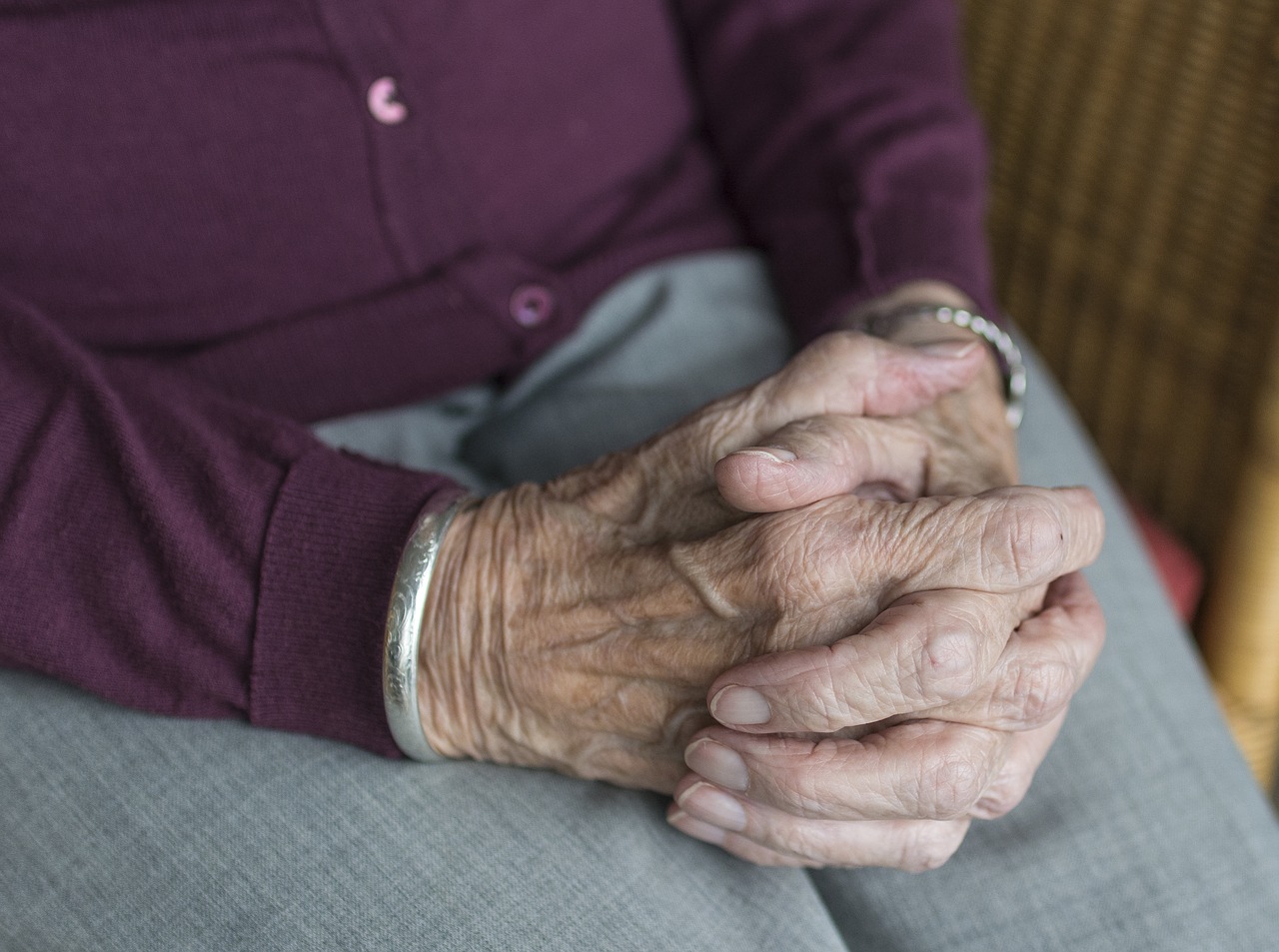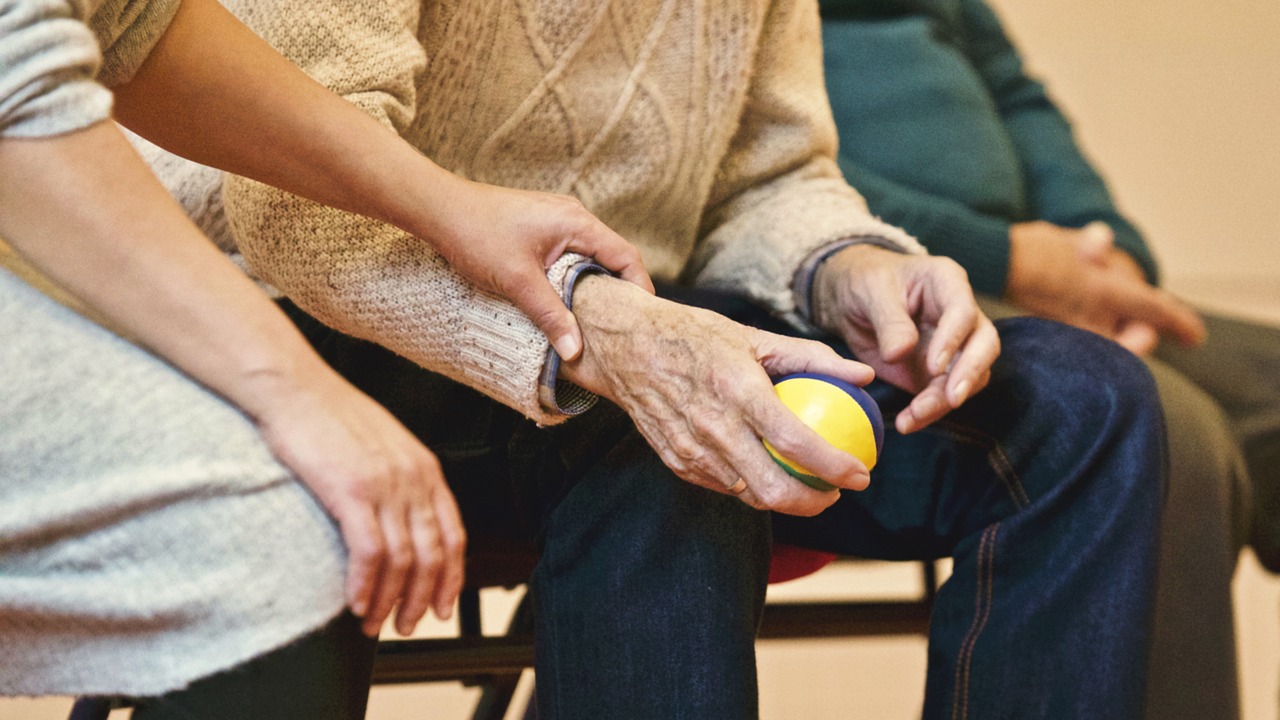Hospital staff caring for elderly patients are appealing to families to bring spare clothes to hospital so their loved ones can get home sooner.
Hull University Teaching Hospitals NHS Trust is taking part in #EndPJParalysis, a 70-day initiative to get patients into their day clothes to promote quicker recovery.
Studies have shown that an older person will lose 10 per cent of their muscle mass with every week spent in a hospital bed and that just 10 days of bed rest for an older person is equivalent to 10 years of muscle ageing. A report on frailty last year also discovered three-quarters of patients die in hospital if their mobility declines during their first two days of hospital admission.
Now, the Department of Medical Elderly at Hull Royal Infirmary is aiming to have 50 per cent of patients in their normal clothes by the 70th anniversary of the NHS on July 5.

Senior Matron Stacey Healand leads a nursing team caring for more than 100 patients at any one time on wards 8, 80 and 90, the “Progression to Discharge” Unit (PDU) and the Elderly Assessment Unit (EAU).
She said: “I don’t think families realise the impact that being in hospital can have on older people.
“The quicker we can get them home and back in a normal routine, the less effect a hospital stay will have on their loved ones.
“The longer a patient is in hospital, the greater the risk of infection so it’s in their best interests to get them out of hospital more quickly.”
The trust launched #EndPJParalysis on April 17 where nursing staff are using a special app on mobile devices to record how many patients are wearing normal, everyday clothes instead of their pyjamas.

The aim of the initiative is to achieve one million bed days where patients are out of their nightwear and in their daytime clothes, providing they are well enough. as part of their rehabilitation.
The Department of Medical Elderly cares for older patients with a complex medical history including dementia, falls, continence, and patients at the end of life. Staff look after people with a vast range of medical conditions who cannot feed, wash or look after themselves.
Dr Kirsten Richards, consultant physician and Clinical Director for Elderly Medicine, adapted the #EndPJParalysis initiative to suit older patients following telephone conversations with New Zealand-based Professor Brian Dolan who was responsible for initiating the original social media #EndPJParalysis campaign.
Stacey Healand said: “She felt some patients might be frightened by the term ‘paralysis’ so we’re calling it ‘Get up, get dressed and keep moving’.”
She said families and care home staff have a key role to play in bringing spare clothes into hospital when an elderly relative is admitted and ensuring they are taken away for washing.
“Most of our patients are admitted in their nightwear and dressing gowns and we sometimes have to contact families four or five times before they will bring in spare clothes,” she said.
“People are used to seeing patients in pyjamas but we’re asking for families to help us because it will be far better for their loved ones.
“We do not have the facilities to wash clothes here so we’re asking families to help us because it will be such a benefit to their relatives.”
Stacey said wearing their own clothes in hospital helped patients feel more positive about their recovery.
She said: “Wearing pyjamas or hospital gowns makes a patient feel they are more ill and need to take to their bed, whereas a patient wearing their own clothes feels that they are getting better.
“They are more likely to keep moving and will lose less muscle strength, giving them far more chance of maintaining their independence once they leave hospital.”

